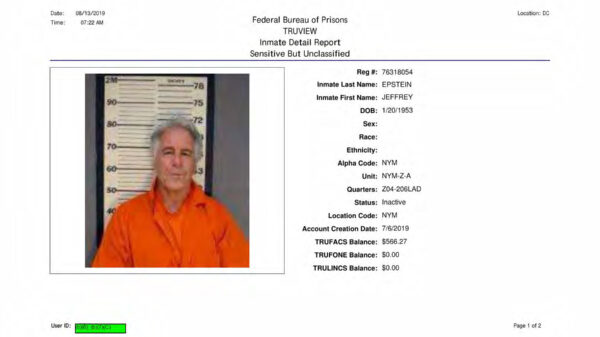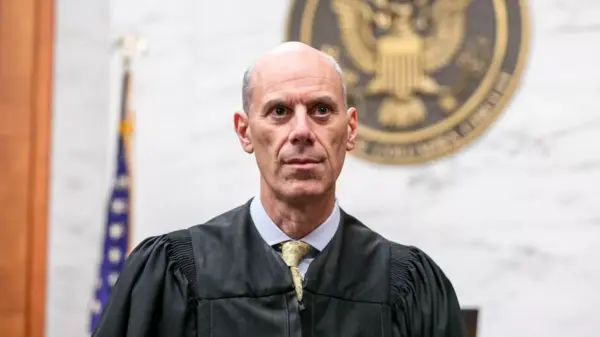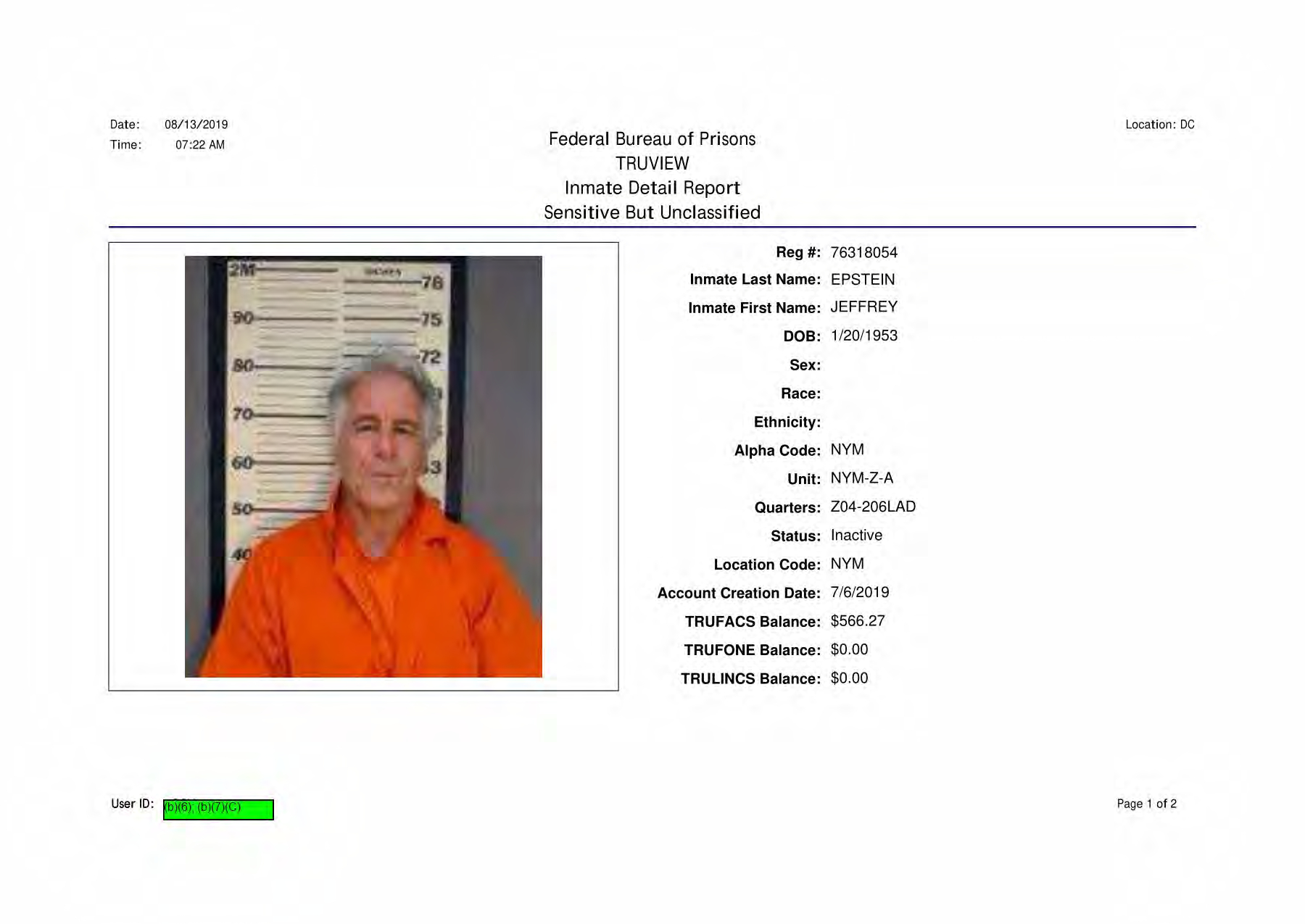The U.S. House of Representatives has voted decisively to mandate the release of all unclassified records related to Jeffrey Epstein. The legislation passed with an overwhelming margin of 427 to 1 on Tuesday. This vote follows intensified public interest after the House Democrats disclosed thousands of documents from Epstein’s estate, which included emails suggesting that the convicted sex offender may have had discussions regarding President Donald Trump‘s awareness of his criminal activities.
Epstein died in federal custody in 2019 while awaiting trial on serious charges, and although his death was ruled a suicide, it has sparked ongoing scrutiny and speculation surrounding his extensive connections with influential figures globally. The legislation has garnered bipartisan support, with 216 Republicans and 211 Democrats backing the measure. The sole opposing vote came from Clay Higgins, a Republican representative from Louisiana.
Public sentiment strongly favors transparency in this matter. A recent poll conducted by the Marist Poll revealed that more than 70% of Americans support the release of all Epstein-related files, provided that victims’ names are redacted. This substantial backing further underscores the demand for accountability regarding Epstein’s actions and the extensive network he maintained.
Legislation Details and Implications
The newly passed legislation requires Attorney General Pam Bondi to make available various documents held by the FBI and U.S. Attorneys’ Offices. This includes records concerning Epstein, his associate Ghislaine Maxwell, flight logs, and individuals linked to his criminal enterprises, as well as internal communications about investigative decisions. The documents must be released within 30 days of the bill’s enactment.
Importantly, the legislation prohibits withholding documents based on reasons such as “embarrassment, reputational harm, or political sensitivity.” This provision aims to ensure that the release of information is not stymied by concerns over the potential fallout for those involved.
The overwhelming support for this bill reflects a growing public demand for transparency and accountability in high-profile cases involving sexual abuse and exploitation. As investigations into Epstein’s network continue, the implications of this legislation could have far-reaching effects on ongoing discussions about justice for victims and the exposure of powerful figures who may have played a role in enabling his actions.
The outcome of this vote is a significant step towards addressing the calls for transparency that have echoed since Epstein’s death. With the release of these documents, it is hoped that further insights into the extent of Epstein’s operations and the individuals involved will come to light, illuminating a dark chapter in criminal justice and societal accountability.



































































